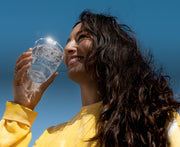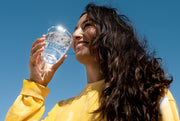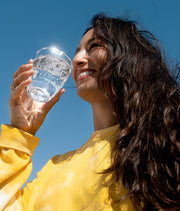What are You Flushing Down the Drain?

Recently, Coles and Woolworths have both banned single-use plastic bags in an attempt to stop excessive plastic wastage from reaching our ocean and marine life. But have you thought about what we flush down our drain can also have an impact on the environment?
Detergent
When detergents (containing a variety of chemicals) enter the oceans via our waterway, it can begin a process known as eutrophication during which the excess nutrients can cause plants and algae to bloom, consequently reduce water quality and diminish the supply of dissolved oxygen which is paramount for healthy marine life.
Microbeads
You don’t read much about microbeads but there’s a good chance you’ve used products (e.g. cosmetics and exfoliant) that contain these tiny plastic beads. When flushed into the ocean and they can easily be mistaken for food by marine life. UK Environmental Audit Committee stated, “if someone eats six oysters, it is likely they will have eaten 50 particles of microplastics.” Remember microbeads are consumed by marine life and ultimately consumed by humans who eat seafood! so everyone’s affected.
Currently, they are banned in New Zealand, USA, UK, Canada, Ireland and Taiwan, however, they are still technically legal in Australia. Most companies have taken the initiative of excluding microbeads from their products in Australia, however 6% of these companies are still using them in products such as facial cleansers and scrubs according to a study done by Envisage Works.
What can we do at home?

Small changes to our daily routine can make a huge difference in the long run. If you are not sure where to start, here are a few tips:
- Look for eco-friendly detergent alternatives such as the Eco Store. Alternatively, make your own! Click here for a simple solution that will do the trick.
- Avoid using antibacterial soaps or cleaning products – most antibacterial soaps contain a registered pesticide that is known to harm marine life.
- Be a savvy shopper – check out the ingredients list on the back of the packaging to ensure your scrub and cleanser are microbeads free.
- Fixing leaks that drop from cars and putting liners in driveways to collect oil and other materials.
- Avoid using pesticides or chemical fertilisers
- Stick to reusable bottles when keeping hydrated (our fill&go Active bottles are reusable and BPA free)
Sure, individual households probably do not produce enough pollution to kill a whole ecosystem, but everyone in the community combined can make a massive impact.
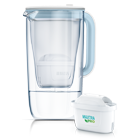 Shop All Products
Shop All Products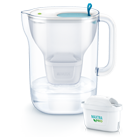 Water Filter Jugs & Cask
Water Filter Jugs & Cask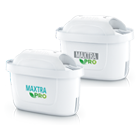 Water Filters
Water Filters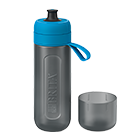 Water Filter Bottles
Water Filter Bottles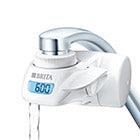 Water Filter Taps
Water Filter Taps

